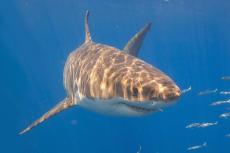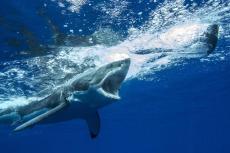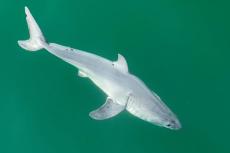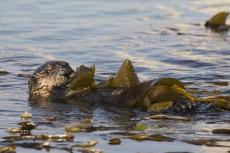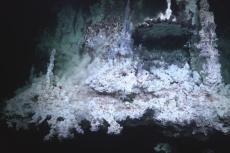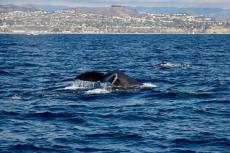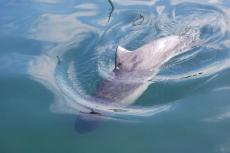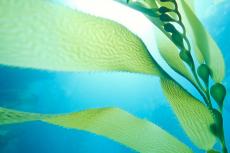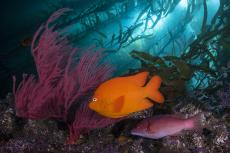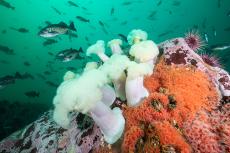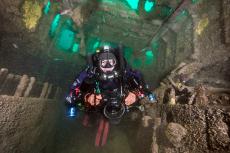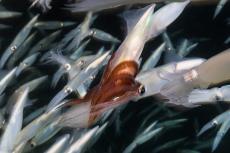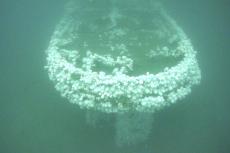Just how "green" are fish fingers?
They are tasty and convenient, but have you ever wondered how environmentally friendly those fish fingers on your plate are?
According to a new study published in the Elementa: Science of the Anthropocene journal, the processing of Alaskan pollock into fish sticks, imitation crab, and fish fillets generates nearly twice the emissions produced by fishing itself.
In fact, the actual fishing of Alaskan pollock is relatively fuel-efficient, with massive amounts of fish being caught in large nets at one go. However, it is the subsequent downstream processing activities that form the rest of the supply chain (all the way to the retail establishment) that generate more carbon emissions. After the catch, the fish are shipped for processing.
Sometimes, they are transported on large container ships that burn large amounts of fuel, including cheaper, poor-quality bunker fuel that produces high levels of sulfur particles.
Lead author Brandi McKuin, a postdoctoral researcher in environmental studies at the University of California, Santa Cruz (UCSC) noted that the sulfur oxides from ship fuels have a climate-cooling effect: "Seafood products that are exported have a lower climate impact than domestic seafood products."
She added that the climate impact of shipping will change this year after new regulations for cleaner marine fuels come into effect, as "a shift to cleaner fuels will diminish the cooling effect from sulfur oxides and increase the climate impact of products that undergo transoceanic shipping, including seafood."
"This study highlights the need to expand our view to encompass the entire supply chain," said co-author Elliot Campbell, a professor of environmental studies at UCSC.
It's not enough to look just at fishing. The picture is much bigger, and it's much more complicated. — co-author Elliot Campbell
- Log in to post comments




